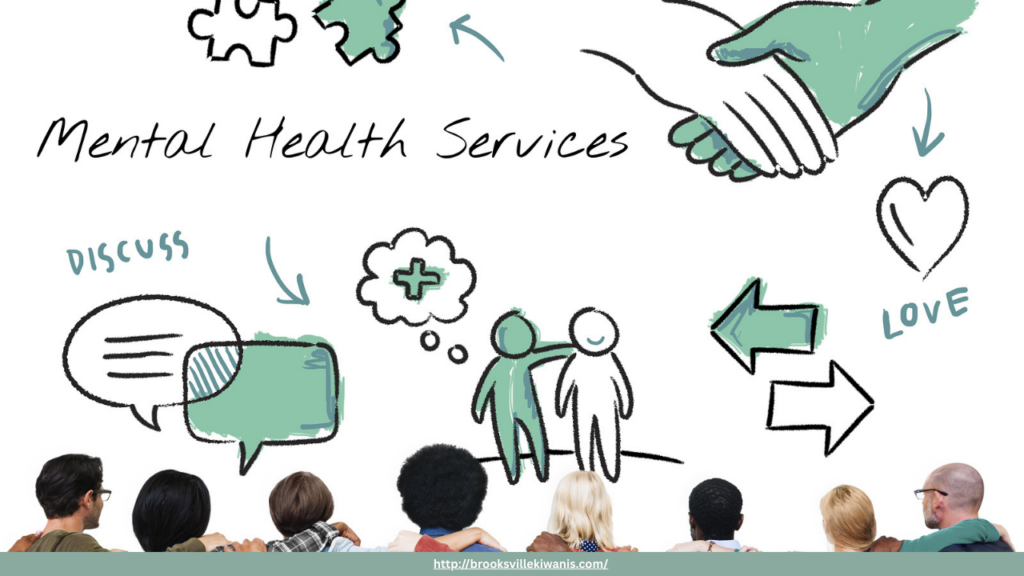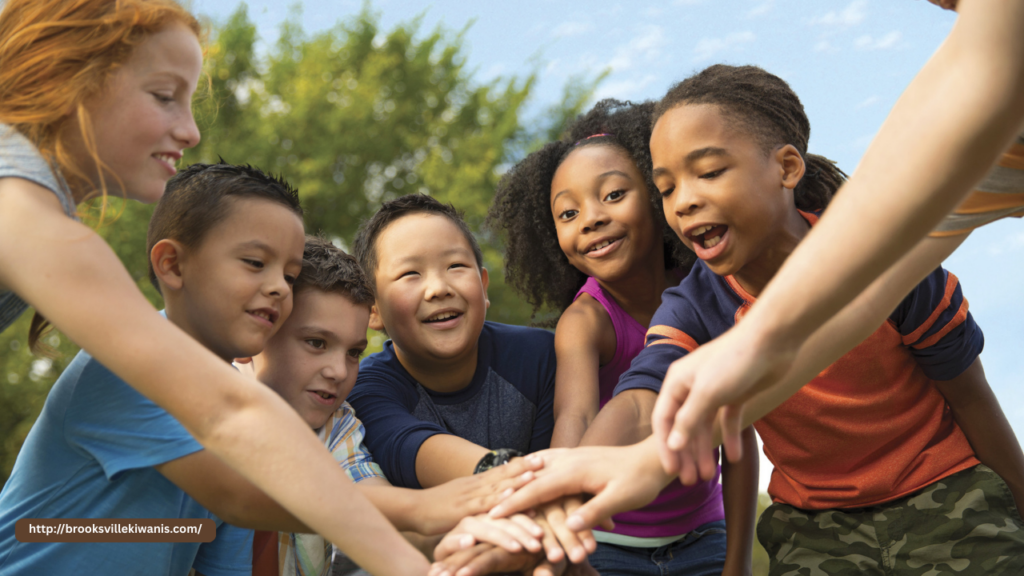Bridging the Gap: Expanding Access to Mental Health Services for Florida’s Youth

Mental health challenges among Florida’s youth have become increasingly prevalent, with over 400,000 children and adolescents experiencing emotional, behavioral, or developmental issues. Alarmingly, only about half of these young individuals currently receive the services they need . Recognizing this pressing concern, Florida has initiated several programs aimed at expanding access to mental health services for its younger population.Florida Department of Health
School-Based Mental Health Initiatives
Schools serve as a critical touchpoint for early identification and intervention. The Florida Department of Education’s Youth Mental Health Awareness Training (YMHAT) program equips school personnel with the skills to recognize and respond to signs of mental health issues among students . Additionally, the state’s Mental Health Assistance Allocation has seen year-over-year increases, reaching $140 million in the 2022-2023 school year, to support the establishment and expansion of school-based mental health care .Florida Department of Education+1Broward Schools+1Florida Department of Education
Community and Statewide Collaborative EffortsFla Behavioral Health Solutions
Beyond schools, community-based programs play a pivotal role. The Florida Pediatric Mental Health Collaborative, for instance, aims to increase timely access to pediatric behavioral health services by coordinating care and enhancing community resource availability . Furthermore, the Department of Children and Families’ Children’s Mental Health Program offers a coordinated network of community-based services that are youth-guided and family-driven, ensuring culturally competent outcomes .Fla Behavioral Health SolutionsSEDNET Florida+1My Florida Families+1
Innovative Approaches and Technological Integration
Embracing technology, programs like Cope Notes provide virtual mental health support through daily text messages containing positive thoughts and affirmations, helping combat depression and anxiety among youth . Such initiatives offer accessible support, especially beneficial for those in remote or underserved areas.Wikipedia
Addressing Workforce Shortages and Funding
To tackle the shortage of mental health professionals, Florida has invested over $100 million to expand behavioral health services and reduce waitlists, aiming to increase capacity for services that support children and families with complex needs . Additionally, the Florida Blue Foundation has awarded $2.4 million in grants to nonprofit organizations to increase access to mental well-being services and support, particularly focusing on youth mental health challenges .My Florida FamiliesFlorida Blue
Conclusion
Florida’s multifaceted approach to expanding access to mental health services for youth encompasses school-based initiatives, community collaborations, technological innovations, and significant financial investments. While challenges remain, these concerted efforts signify a commitment to bridging the gap and ensuring that every young Floridian has the support they need to thrive mentally and emotionally.
